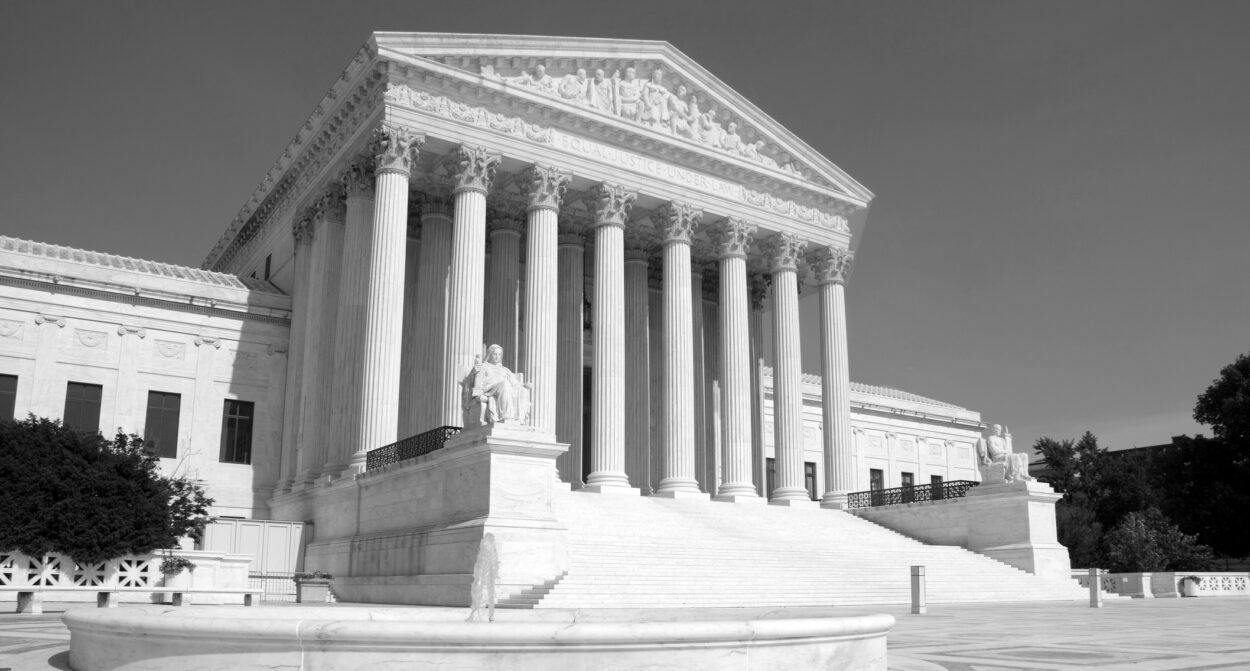Yesterday, the U.S. Supreme Court ruled to outlaw any consideration of race in university admissions decisions. The decision is based on the notion that the Equal Protection Clause of the constitution demands that such decisions be made without regard to race, in a color-blind manner, ignoring the reality that the opportunities and privileges of young people leading up to a college application are not equal. This is a nation that, from its inception, has operated as a caste system of oppression based on color. While the promise of color blindness was made with the adoption of the Equal Protection Clause of the Fourteenth Amendment in 1868, for much of the next 156 years, that promise was an illusion, and the Supreme Court was complicit in that charade when in 1896 it ruled in Plessy v. Ferguson, that separate facilities for Whites and Blacks was constitutional. That ruling stood for the next 58 years, until Brown v. Board of Education, in which the court held that “separate was inherently unequal.” Even now, there is great disparity in educational opportunity throughout our educational systems. By limiting the tools that our society can use to mend the wounds of systemic racism, this decision affects every one of us.
With the ruling, the majority has decided to wish away the reality of ongoing disparities. As Justice Ketanji Brown Jackson writes in her must-read dissent (beginning on p. 219): “Although formal race-linked legal barriers are gone, race still matters to the lived experiences of all Americans in innumerable ways, and today’s ruling makes things worse, not better.”
Antioch University will carefully review this decision and, as always, will make admission decisions which are compliant with Title XI of the Civil Rights Act of 1964 and the Constitution. But, we will not change our values.
Antioch is one of the first Colleges or Universities in America to admit Black students to integrated classrooms, all before the civil war, ten years before the Emancipation Proclamation, and 111 years before the Civil Rights Act that would finally require the same result from all universities. We loudly affirm that Antioch University remains committed to achieving a learning environment that is richly diverse and inclusive, and reflects the communities and pluralistic nation we are. Earlier this month, our Board of Governors expressly added “racial justice” to our university mission. Our commitment to this work remains unshaken.




